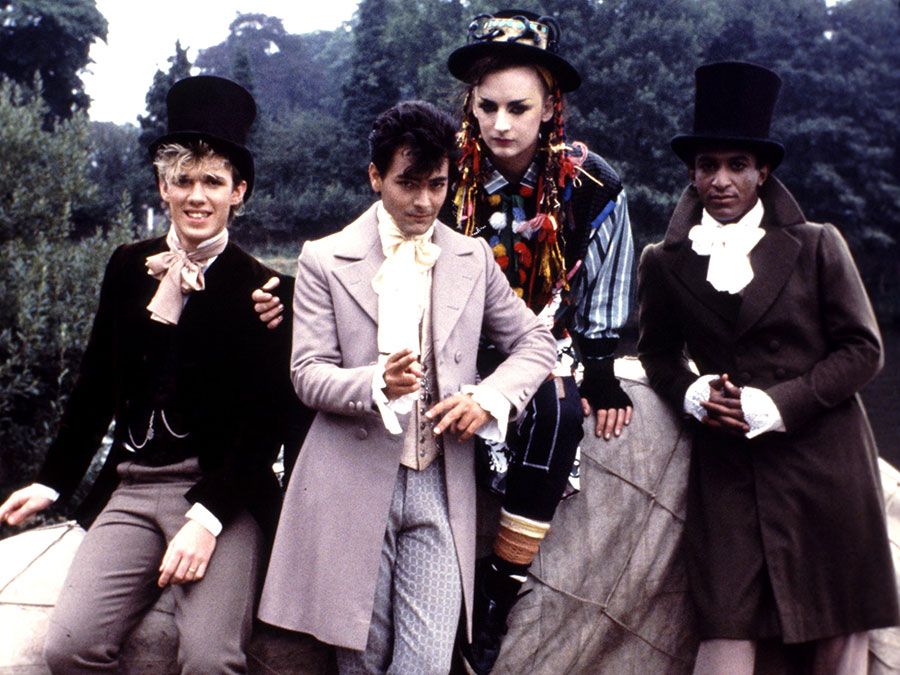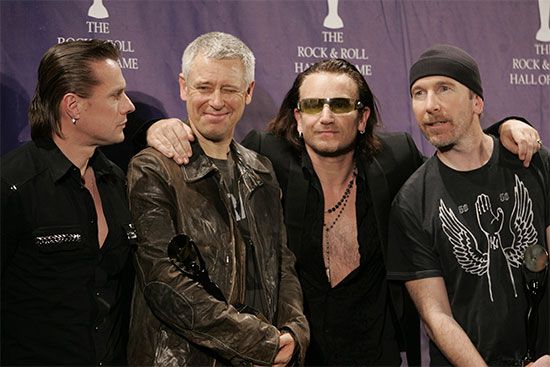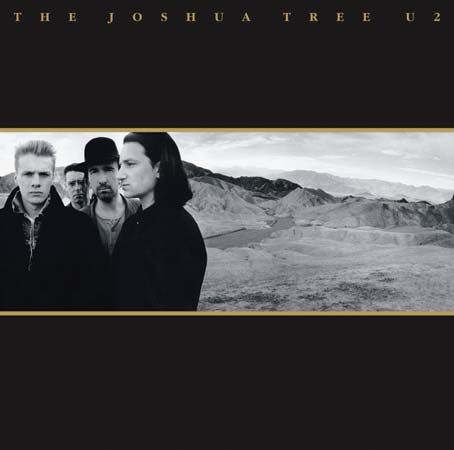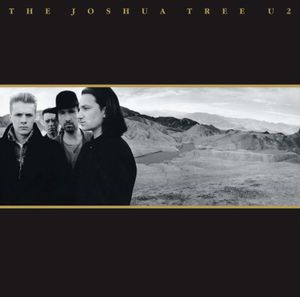U2
News •
U2, Irish postpunk band that by the end of the 1980s had established itself not only as one of the world’s most popular bands but also as one of its most innovative. The members are singer Bono (byname of Paul Hewson; b. May 10, 1960, Dublin, Ireland), guitarist and keyboardist the Edge (byname of David Evans; b. August 8, 1961, Barking, Essex [now in Greater London], England), bassist Adam Clayton (b. March 13, 1960, Oxford, Oxfordshire, England), and drummer Larry Mullen, Jr. (b. October 31, 1961, Dublin).
Though forged in the crucible of punk rock that swept Europe in the late 1970s, U2 instantly created a distinctive identity with its grandiose sound, a merger of the Edge’s minimal, reverb-drenched guitar and Bono’s quasi-operatic vocals. The band members were attending a Dublin secondary school when they began rehearsing, undeterred by their lack of technical expertise. The band’s early records were characterized by an intense spirituality, and they commented on social and political issues, such as the civil strife in Northern Ireland, with compassion and tenderness. The group became renowned for its inspirational live performances and was a word-of-mouth sensation long before it made much of an impact on the pop charts. But, with the multimillion-selling success of The Joshua Tree album (1987) and the number one hits “With or Without You” and “I Still Haven’t Found What I’m Looking For,” U2 became pop stars. On Rattle and Hum (1988), a double album and documentary movie, the band explored American roots music—blues, country, gospel, and folk—with typical earnestness but were pilloried by some critics who found the project pompous.
U2 reinvented itself for the new decade, reemerging in 1991 with the album Achtung Baby and a sound heavily influenced by European experimental, electronic, and disco music. With this came a stage show that trafficked in irony and self-deprecating humour, qualities virtually absent from the band’s music in the previous decade; the 1992 Zoo TV tour was one of the most technically ambitious and artistically accomplished large-scale rock spectacles ever staged. But, despite the flashier exterior, the band’s lyrics remained obsessed with matters of the soul. The dehumanizing aspects of media and technology were a recurring theme on subsequent records, even as the band immersed itself in techno textures.

In 1997 the band rush-released the Pop album to fulfill obligations for a stadium tour and was greeted with its worst reviews since Rattle and Hum. Another reinvention was in store, but this time, rather than boldly pushing forward, the band sought to reassure fans by making music that referenced its 1980s roots. The aptly titled All That You Can’t Leave Behind (2000) and How to Dismantle an Atomic Bomb (2004) were focused on riffs and songs rather than atmosphere and mystery, and they succeeded in reestablishing the quartet as a commercial force, but at what price? The band took five years before releasing its 12th studio album, No Line on the Horizon (2009). Longtime collaborators Brian Eno and Daniel Lanois played a bigger role in the production and songwriting, and the layered textures of the album’s most experimental work crept back prominently in the mix.
The group supported the album with a world tour that stretched over the next two years. It was interrupted in May 2010, however, when Bono underwent emergency surgery after injuring his back during concert rehearsals in Germany, and it did not resume until the following year. U2 contributed the song “Ordinary Love” to the film Mandela: Long Walk to Freedom (2013). In 2014 Songs of Innocence, largely produced by Danger Mouse, was released at no cost to all customers of Apple’s iTunes Store several weeks before its physical release. The move aroused controversy but gained attention, though reviews of the actual music were mixed, with many critics complaining that the band’s sound remained static. Songs of Experience (2017) received similar critiques, but the band continued to garner high sales.
In addition to actively touring, Bono and the Edge contributed the music and lyrics to the Broadway musical Spider-Man: Turn Off the Dark. Originally directed by Julie Taymor, the production was one of the most expensive in Broadway history, beset with costly overruns, script rewrites, and the departure of numerous members of the original cast and crew; however, it opened to a sold-out house in June 2011 (more than a year after its scheduled debut) and ran until January 2014.
U2 won more than 20 Grammy Awards over the course of its career, including album of the year for both The Joshua Tree and How to Dismantle an Atomic Bomb. The band was inducted into the Rock and Roll Hall of Fame in 2005. U2 also received a Kennedy Center Honor in 2022.





















